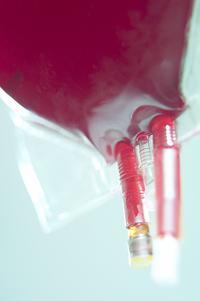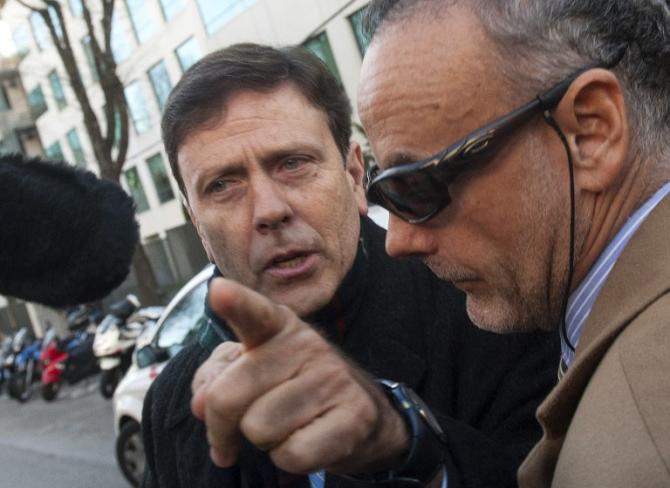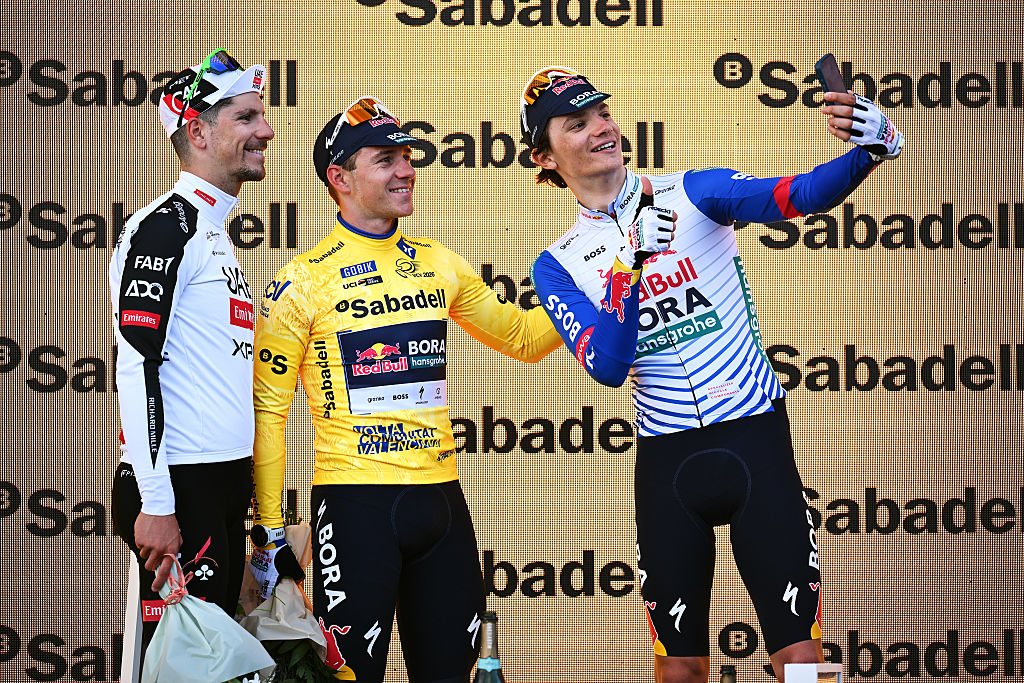Destruction of Puerto blood bags ‘would be a hard blow’ says Spain’s anti-doping head
Latest delays could see verdict pushed back to March
The latest race content, interviews, features, reviews and expert buying guides, direct to your inbox!
You are now subscribed
Your newsletter sign-up was successful


The head of Spain’s Anti-Doping Agency, Enrique Gómez Bastida, has said that the possible destruction of blood bags discovered as part of Operación Puerto “would be a hard blow for our anti-doping fight.” The verdict on the long-awaited appeal over the 200-plus blood bags seized during anti-doping probe Operación Puerto is expected soon and could see the bags being destroyed rather than released.
Gómez Bastida was a driving force behind Operación Puerto when working as a Guardia Civil police officer in 2006, and he became the head of Spain’s Anti-Doping Agency, AEPSAD, two years ago.
Speaking to Spanish daily El Mundo, Gómez Bastida said “if I weren't in the position of director of the agency, I would be satisfied, because at the time [of the Puerto investigation] the sporting aspect was not the central issue.” (Those charged in 2006 were charged with offences against public health, given Spain’s anti-doping legislation which came into force in 2013 was not applicable.)
“Now that I’m not a police officer, I’ve got a different perspective and it [a verdict ordering the bags to be destroyed] would be a hard blow because it’s important to send a clear message in the anti-doping struggle. It’s important that those implicated recognise the facts.”
Should the blood bags - said to total around 220, and currently in the custody of the anti-doping laboratory in Barcelona - be released rather than destroyed, Gómez Bastida said that AEPSAD would oversee the process of identification of their owners.
These are the 100 or so clients of doctors Eufemiano Fuentes and Merino Batres, the doctor at the centre of the Puerto investigation - a much higher total than the 35 or so that were previously suspected - and some of which, Gomez Bastida said, “perhaps did not even know that Fuentes was their doctor, because their sports directors were in charge of the procedure.”
But he recognised to El Mundo that to open up that procedure, it would require DNA samples, and obtaining them “would be difficult.”
The latest race content, interviews, features, reviews and expert buying guides, direct to your inbox!
Contrary to earlier media reports, no specific date has been given for the publication of the verdict of the Puerto appeal and there has been speculation that the case had been delayed because judges presiding the case were unable to agree on a sentence.
Gómez Bastida recently told Norwegian TV channel TV2 that such speculation was not confirmed by any judicial authorities and that a sentence could be expected in February or March. However, as yet, the appeal verdict remains unpublished, and Puerto’s tenth anniversary - and with it the definitive statute of limitations in the revised WADA code, although it is not at all clear if that applies in this case - is fast looming on the horizon.
Alasdair Fotheringham has been reporting on cycling since 1991. He has covered every Tour de France since 1992 bar one, as well as numerous other bike races of all shapes and sizes, ranging from the Olympic Games in 2008 to the now sadly defunct Subida a Urkiola hill climb in Spain. As well as working for Cyclingnews, he has also written for The Independent, The Guardian, ProCycling, The Express and Reuters.

